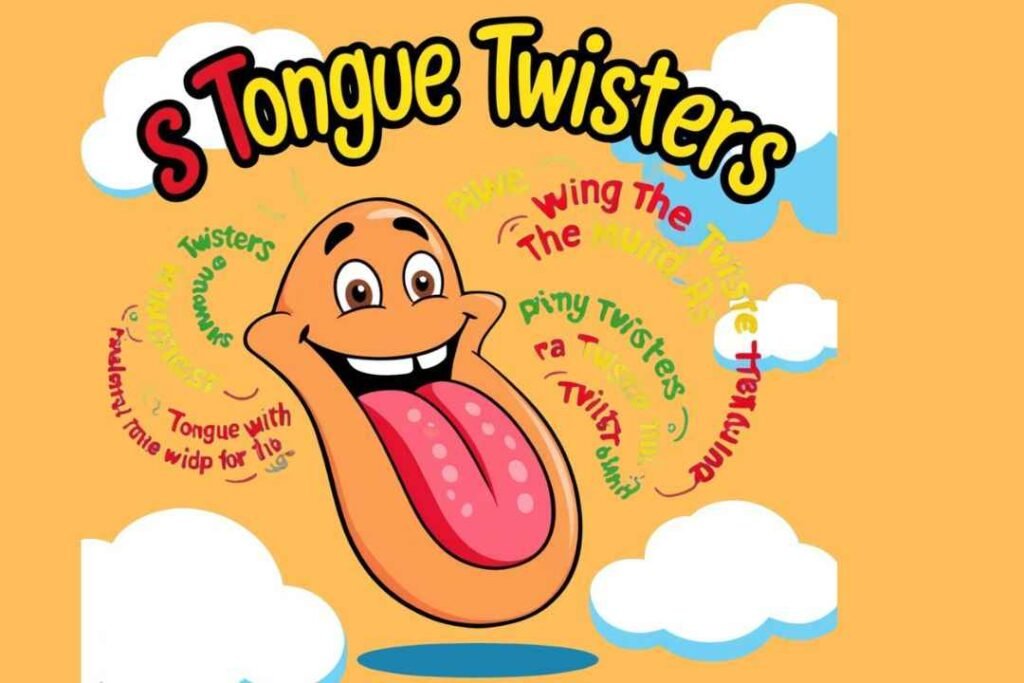Was There or Were There? Unlock the Crucial Grammar Rule
When talking about the past tense, it’s important to understand how to use was and were correctly. Both words come from the verb to be, but they are used differently depending on the first-person, second-person, or third-person. For example, in first-person singular, you would say, “I was taking a walk in the neighborhood,” or in […]
Was There or Were There? Unlock the Crucial Grammar Rule Read More »










